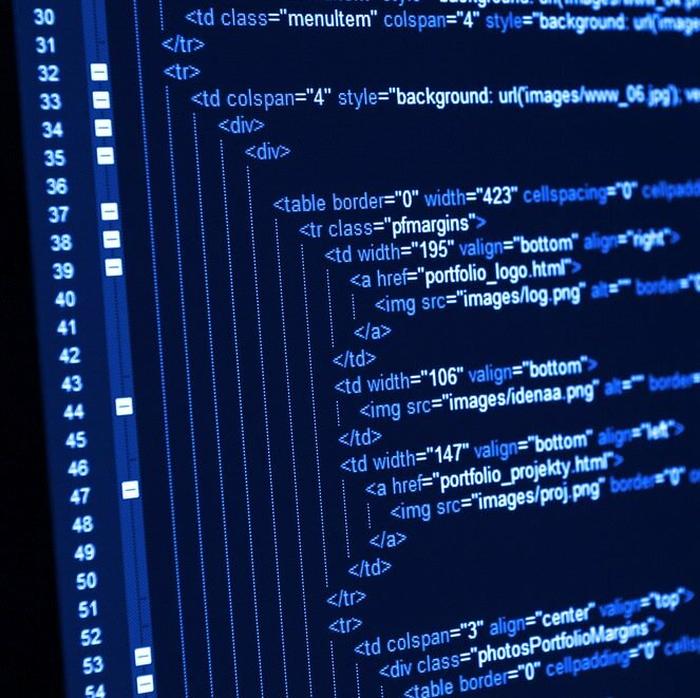
A few months before my 30th birthday, I was in a career rut. I knew I wanted to try something else, but none of the natural next steps felt right. Frustrated that my $100,000 political science degree had left me at a dead end, I quit my job in government relations to take a three-month web development course.
Everywhere I looked, the world’s most successful people were telling me to learn to code. Bill Gates, Mark Zuckerberg, even my mayor, Michael Bloomberg, had an indisputable point: Coding is a critically needed skill in the 21st century and can lead to a fulfilling, fun, and lucrative career. The demand for women in programming jobs was even higher, making me a potentially great candidate in New York City’s burgeoning tech scene. And so I set off for my education for the new economy.
I entered an immersive program at General Assembly, which taught me everything from the basics that any educated modern person should know (like how the internet works) to programming languages like CSS, Javascript, and Ruby. The logical, results-oriented way of thinking that programming demands actually felt refreshing compared to my previous positions. I even wrote a few decent programs.
Related: Learn to Code in 3 Months or Less
But the reality was that while I liked programming, I didn’t love it.
I panicked. I had quit my job and spent thousands of dollars on this course, only to feel as far away from my brave new world of techno-feminist badassery as ever. My friends in the tech industry were astonished at how rapidly I was learning, but to me, coding started to feel like that time I took up knitting: I was capable of learning, but it just wasn’t for me.
At the same time, this experience was enriching what I already knew about communications. Building a site from scratch required an understanding of information architecture that I loved. Working in groups of programmers reminded me that I was adept at interpersonal relations, and doing regular demos for meetups reminded me that I was a good public speaker and saleswoman. Now that I could speak Coder, I could explain this stuff to anybody.
Before my program even ended, I got a contract offer to make an education search site mobile-friendly. Within a few months, it turned into what I realized I had wanted all along: a full-time PR and marketing position at a tech startup.
My success relies on my previous experience, but knowing the basics of coding adds a serious dimension to my job. I don’t code very much, but when I want to create a new page or fix some copy, I can do it on my own. My technical background allows me to translate what’s cool about our site to the general public and explain to reporters why a back-end project we completed is a big deal, even though it’s invisible to the user. I can see an awesome website with a feature I’d like to incorporate into our site and know if it’s really complicated or if our design intern can handle it. I know how long a project should take, which helps me work with our product team to devise reasonable timelines for our work.
For me, learning to code was one of the best decisions I’ve ever made. It empowered me to transition into a new industry with acres of growth potential. I found a job I love that has the jeans-wearing lifestyle that startups are famous for. So, should you do it too? If you can plot a path forward where these skills will make you a better candidate in your field of choice, then it’s a fantastic option.
But remember that coding isn’t the only kind of continuing education. You might be just as well served by Wharton’s free online Intro to Marketing Course, for example. Learning for free has never been easier. The challenge is to find the opportunity that makes sense for you.